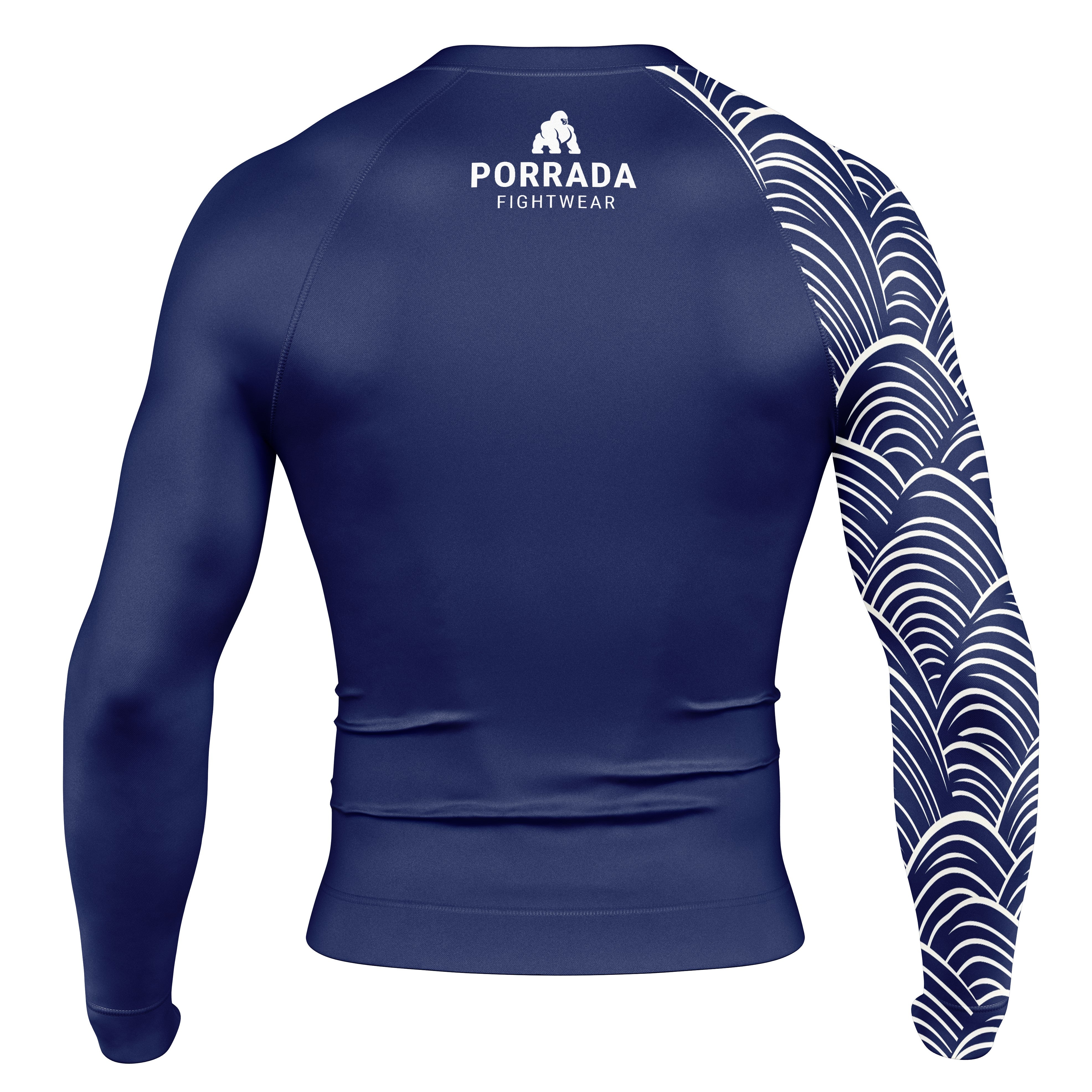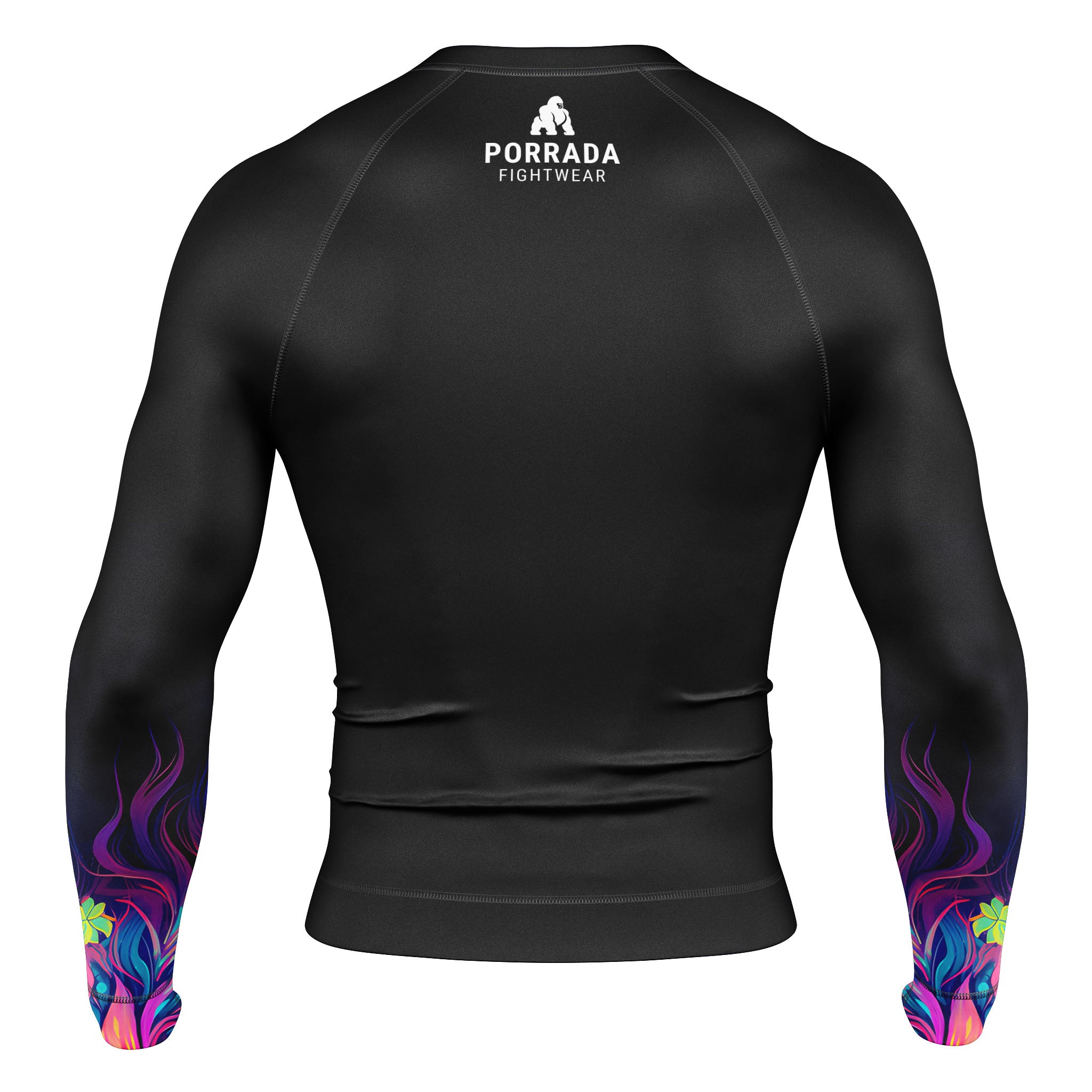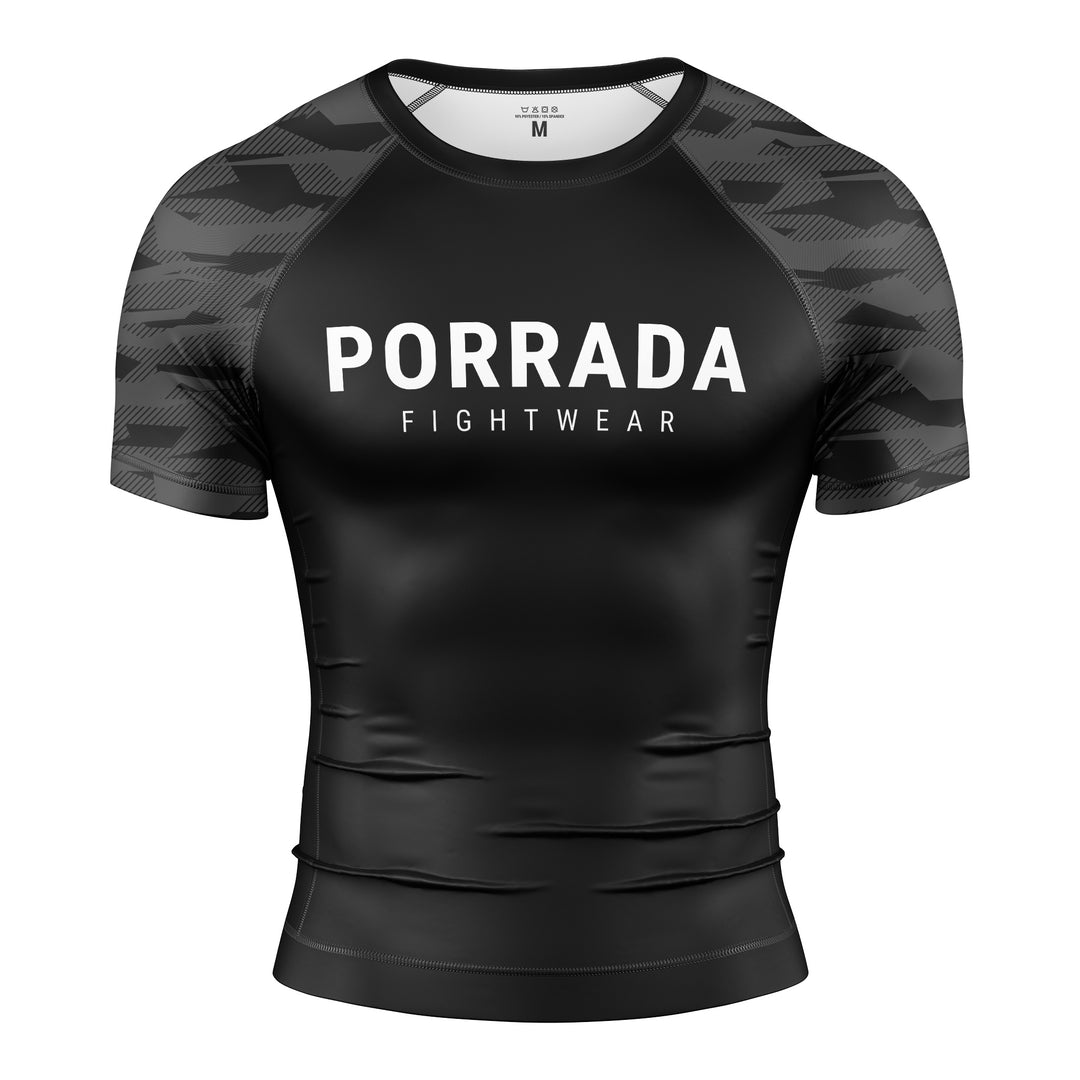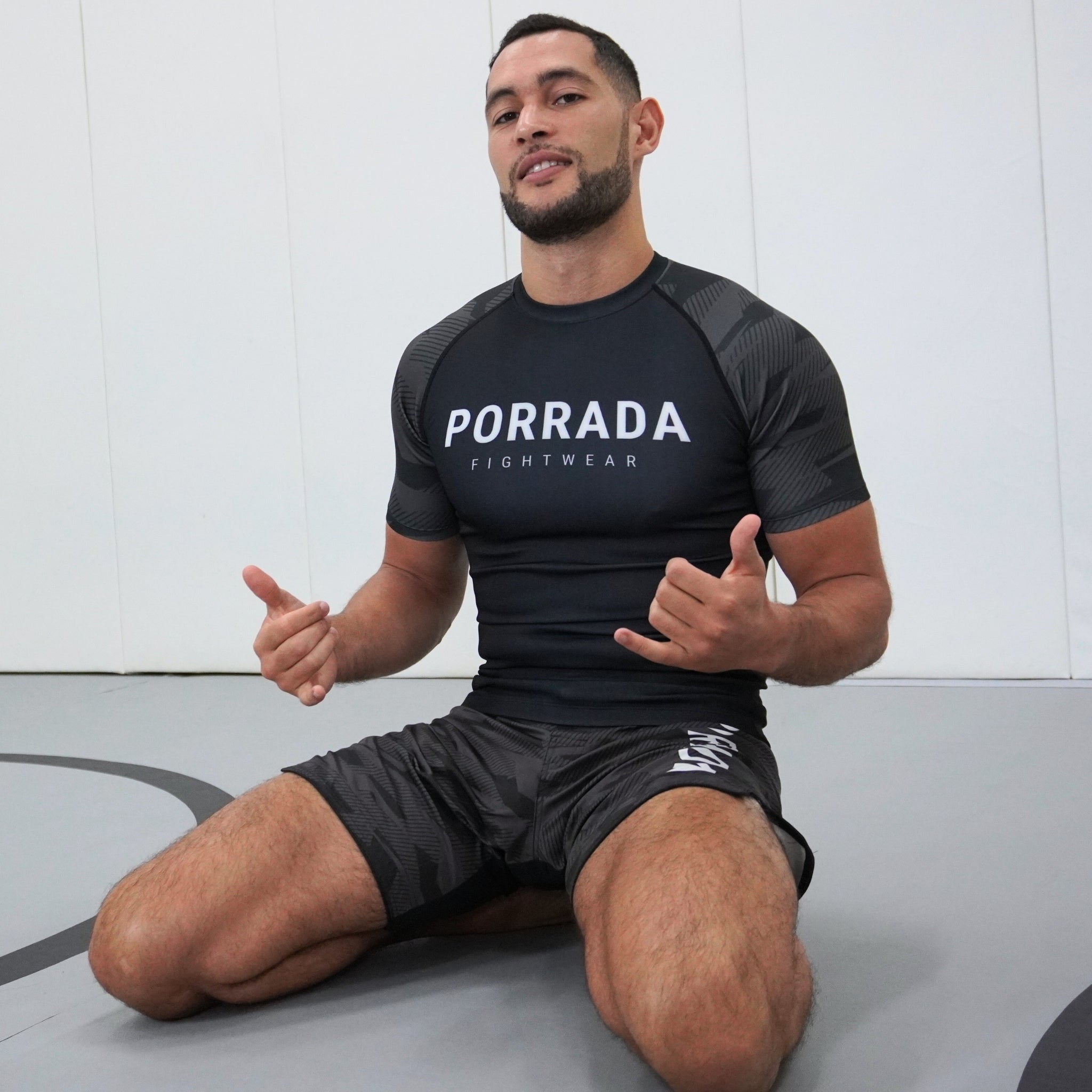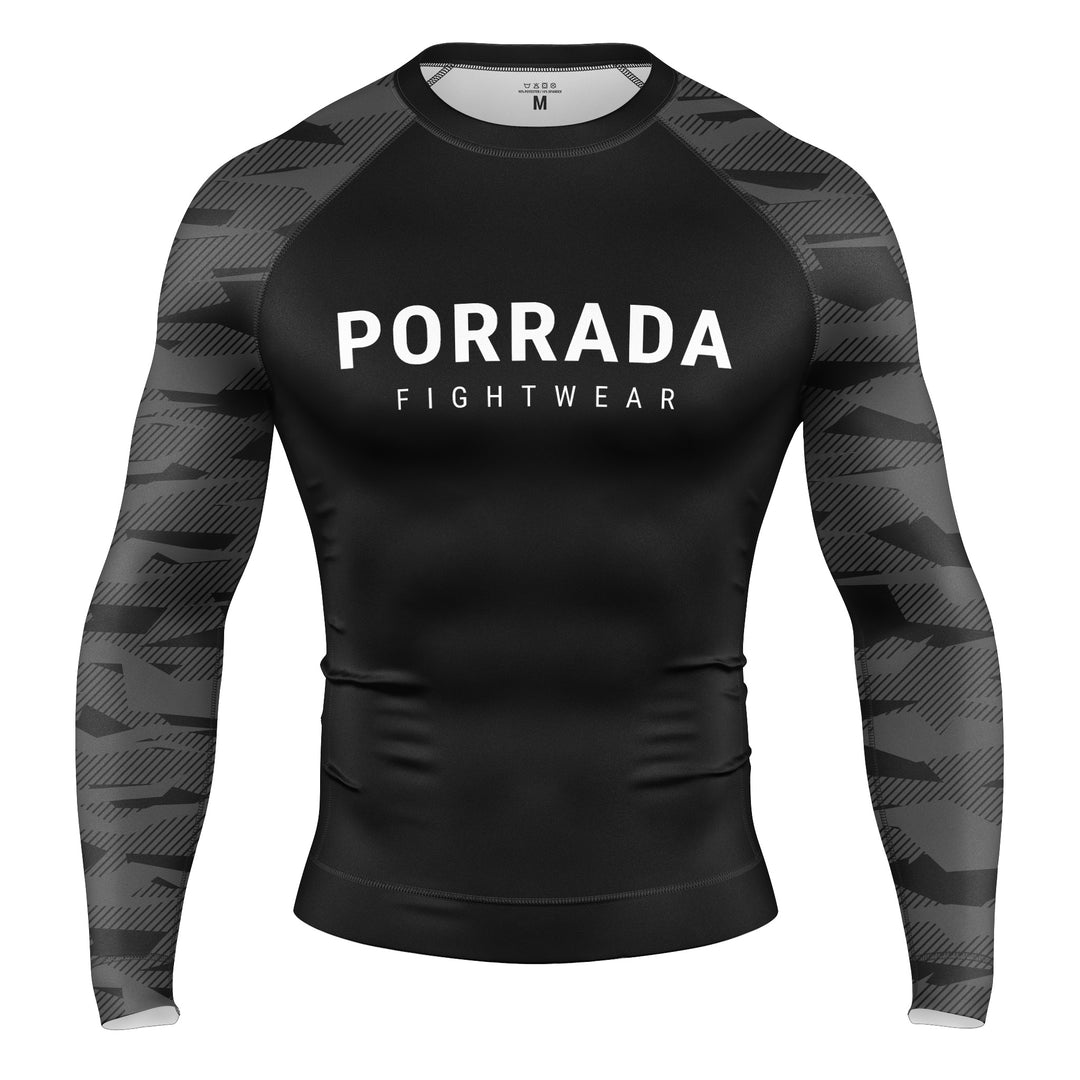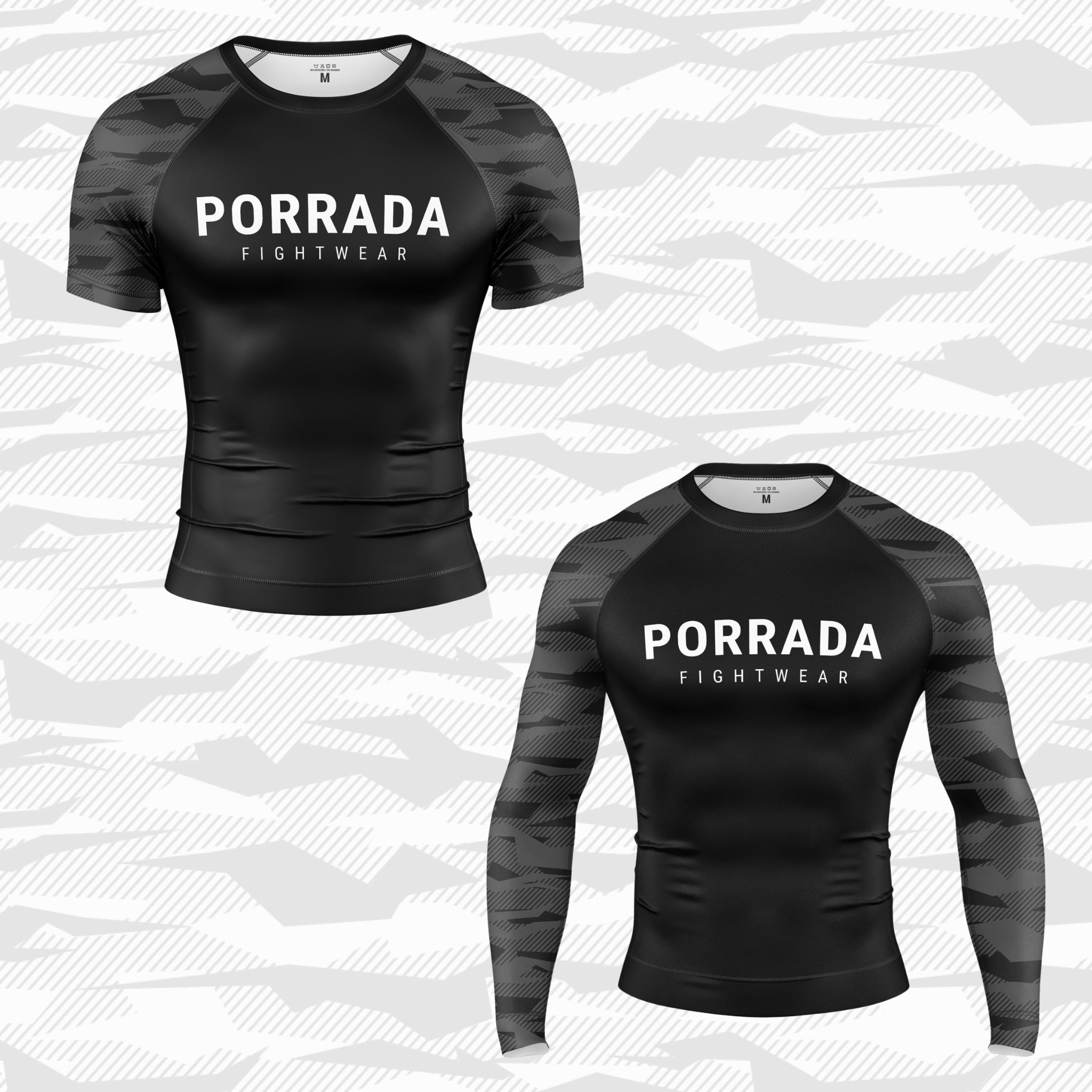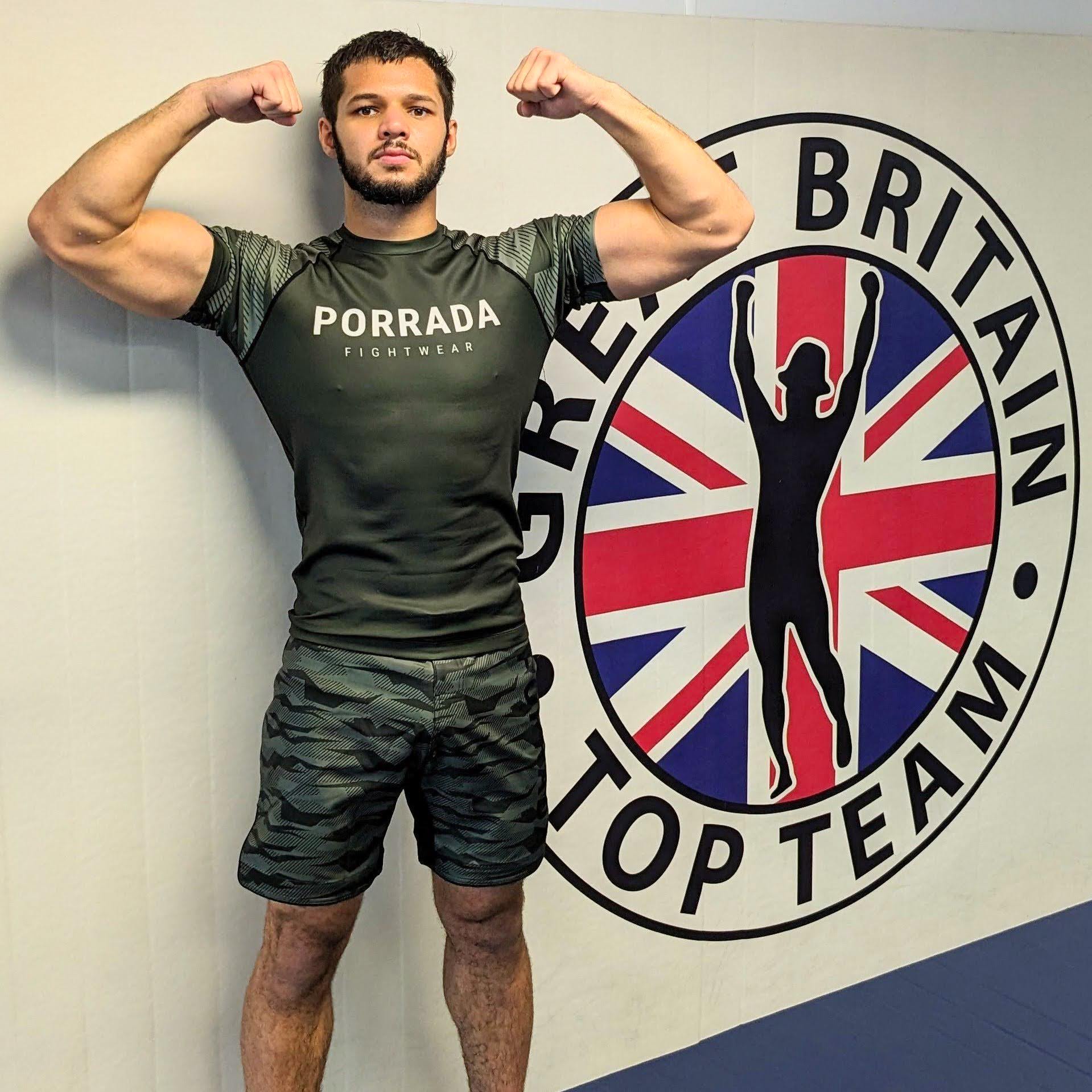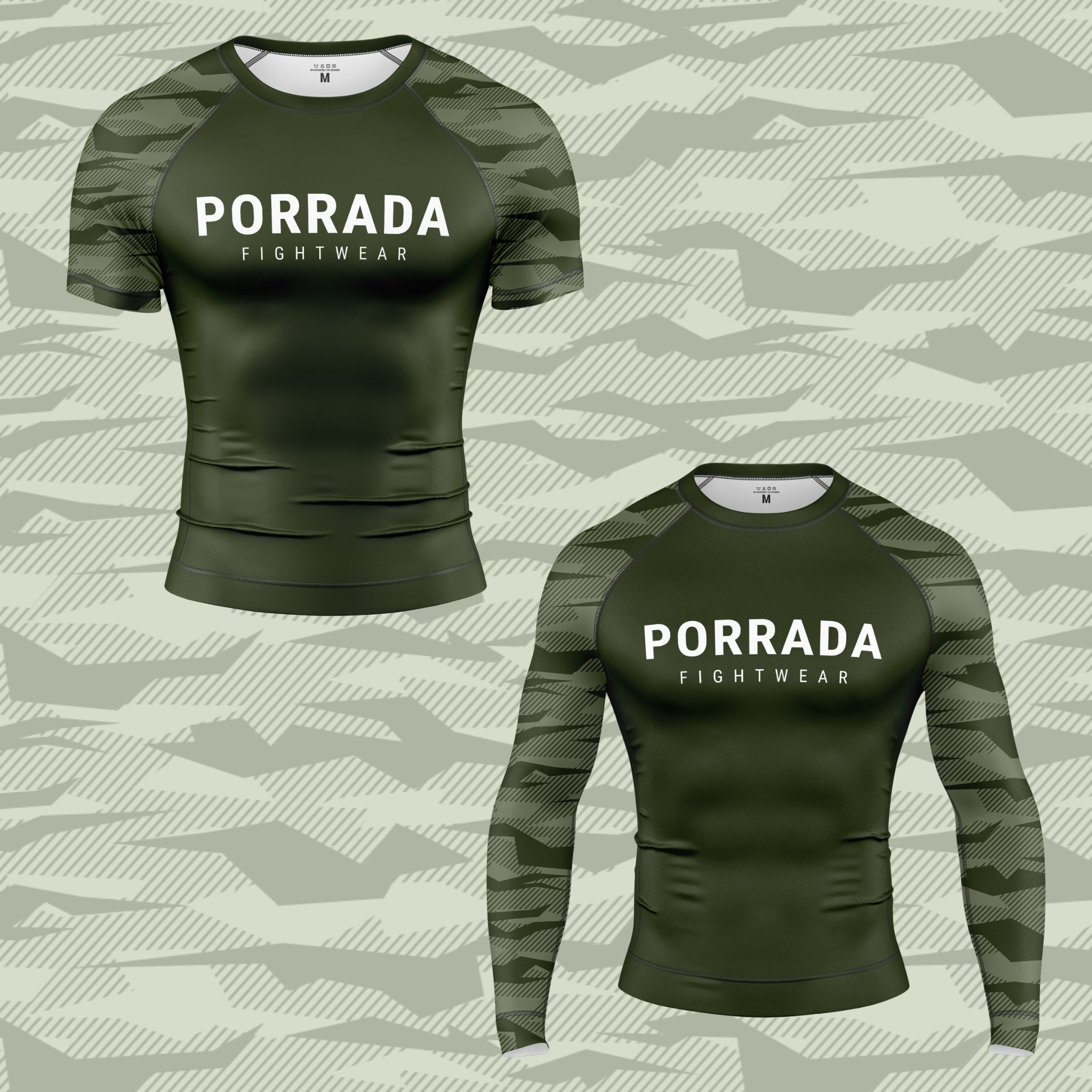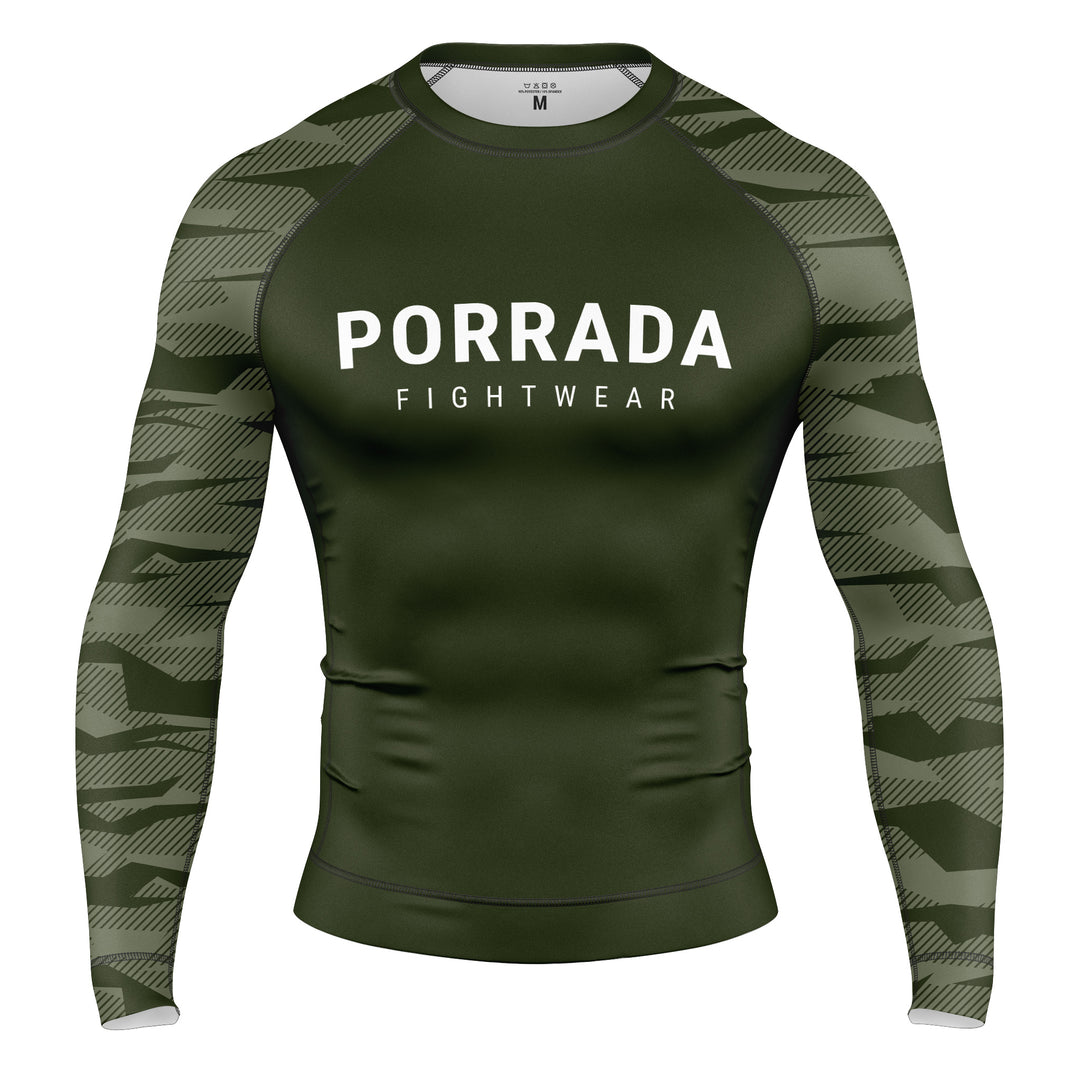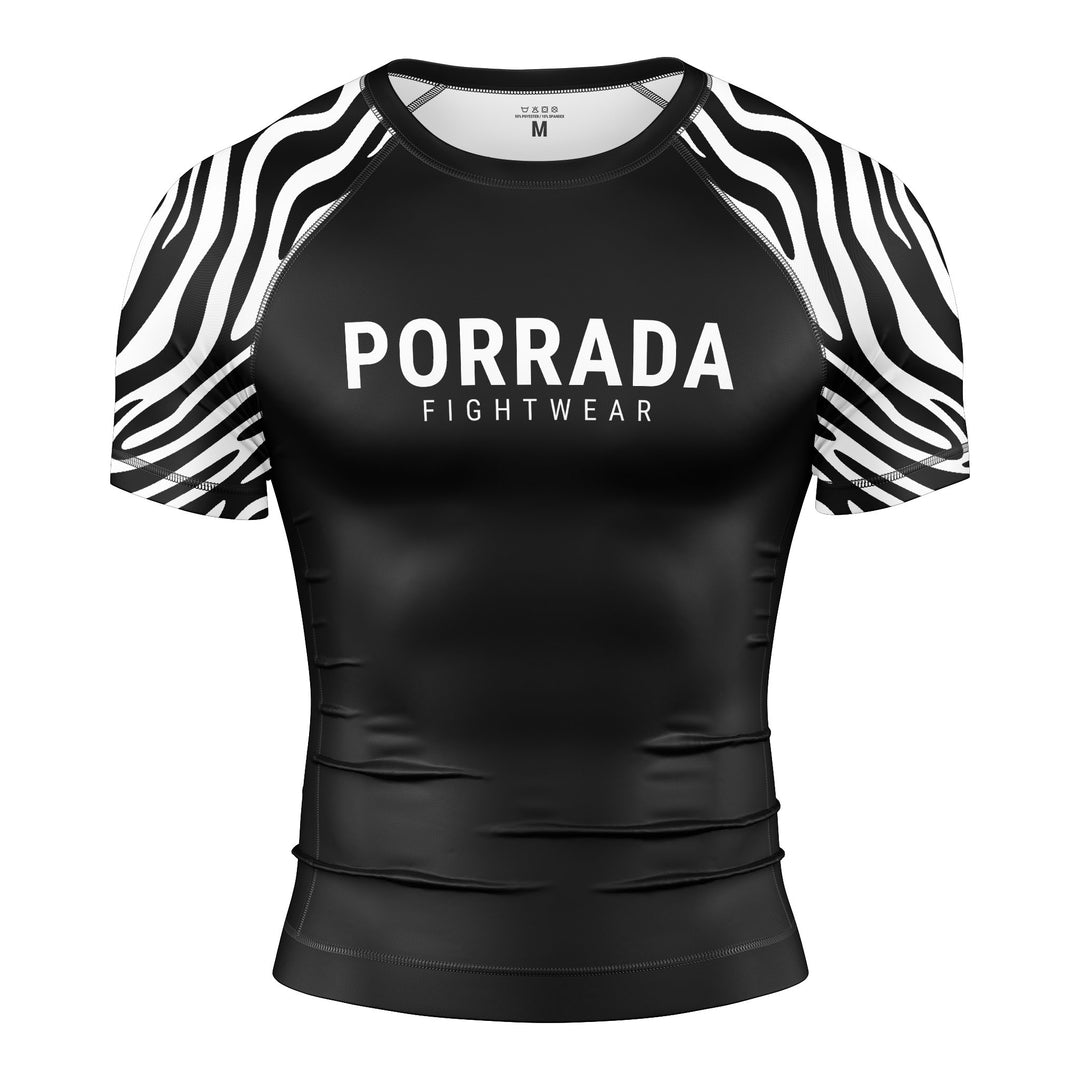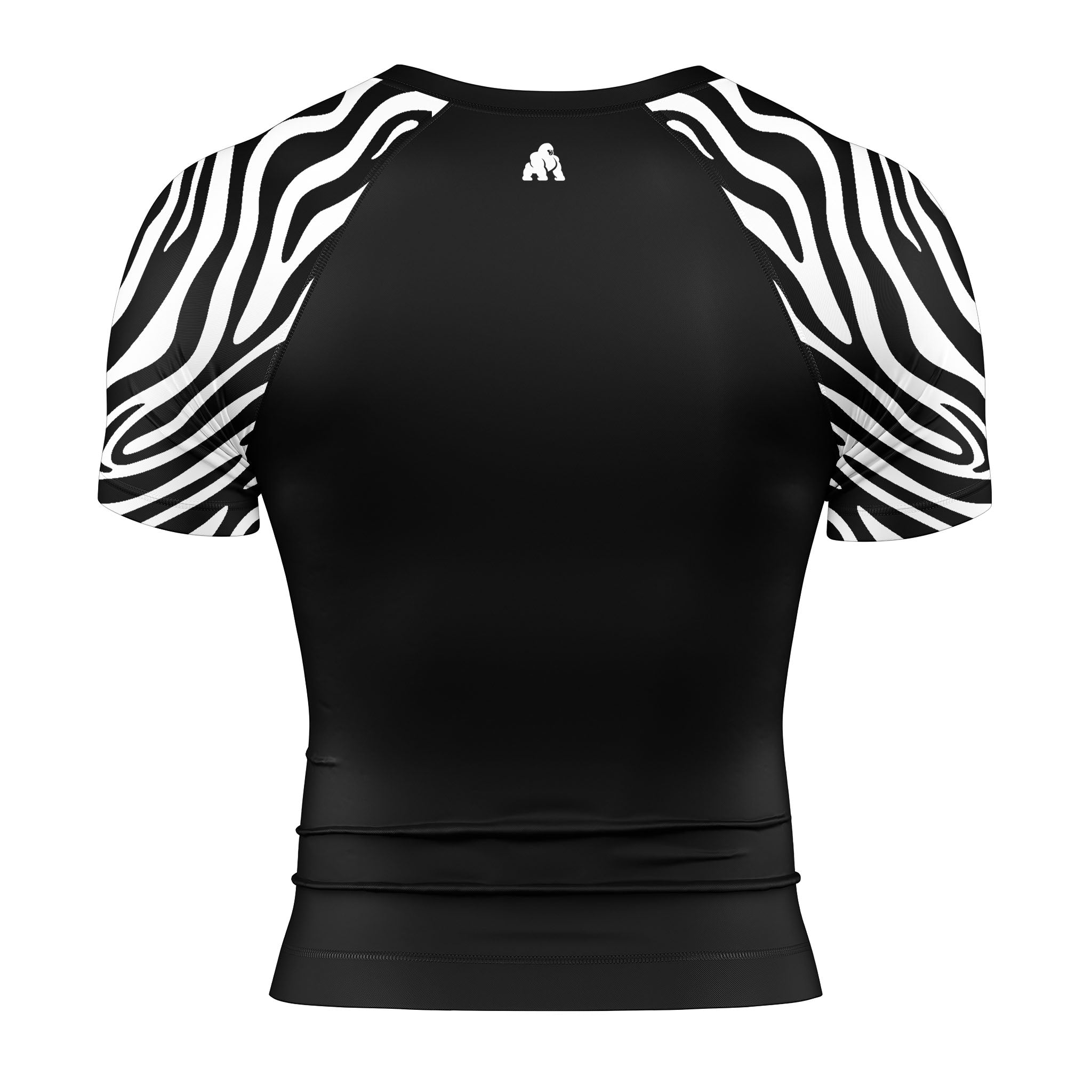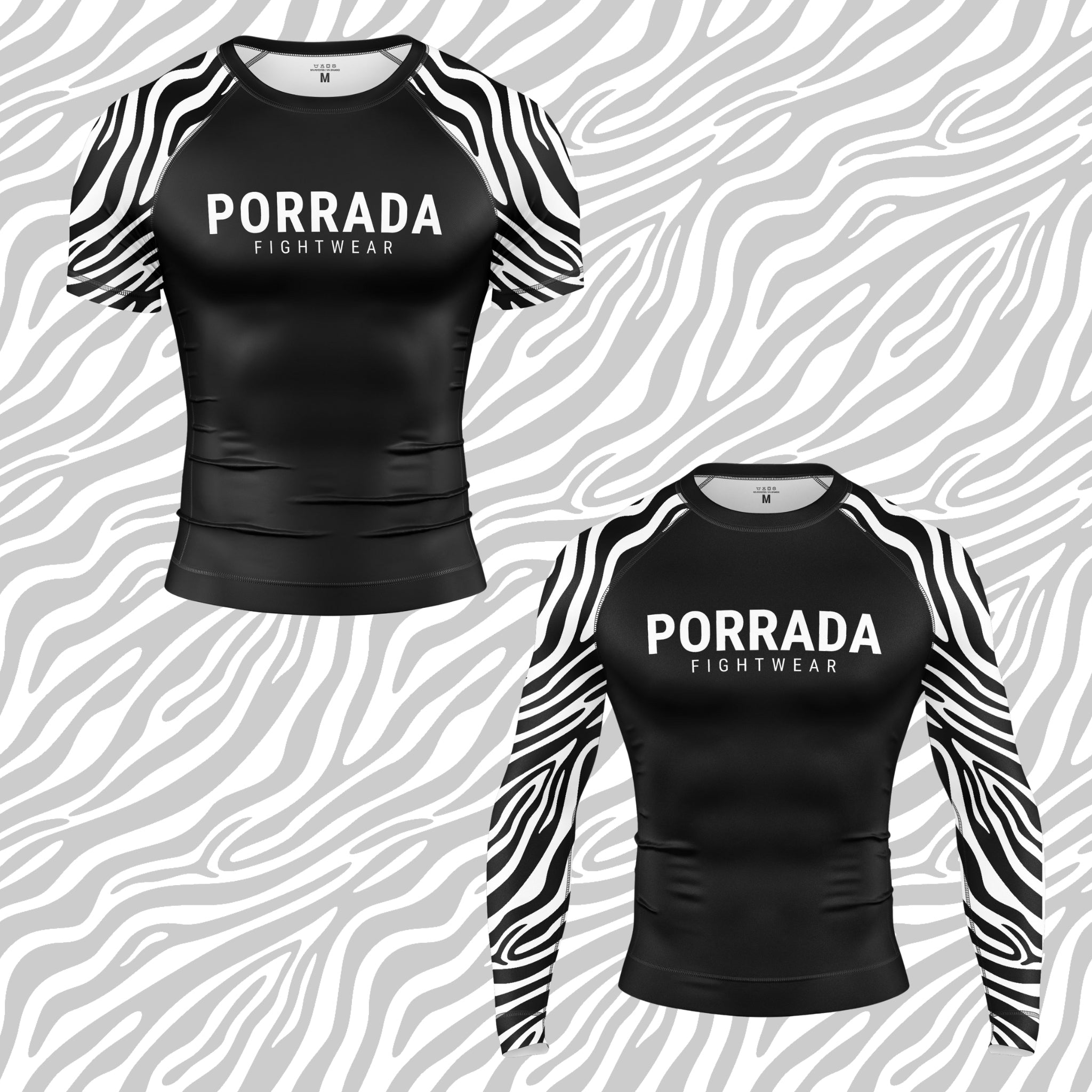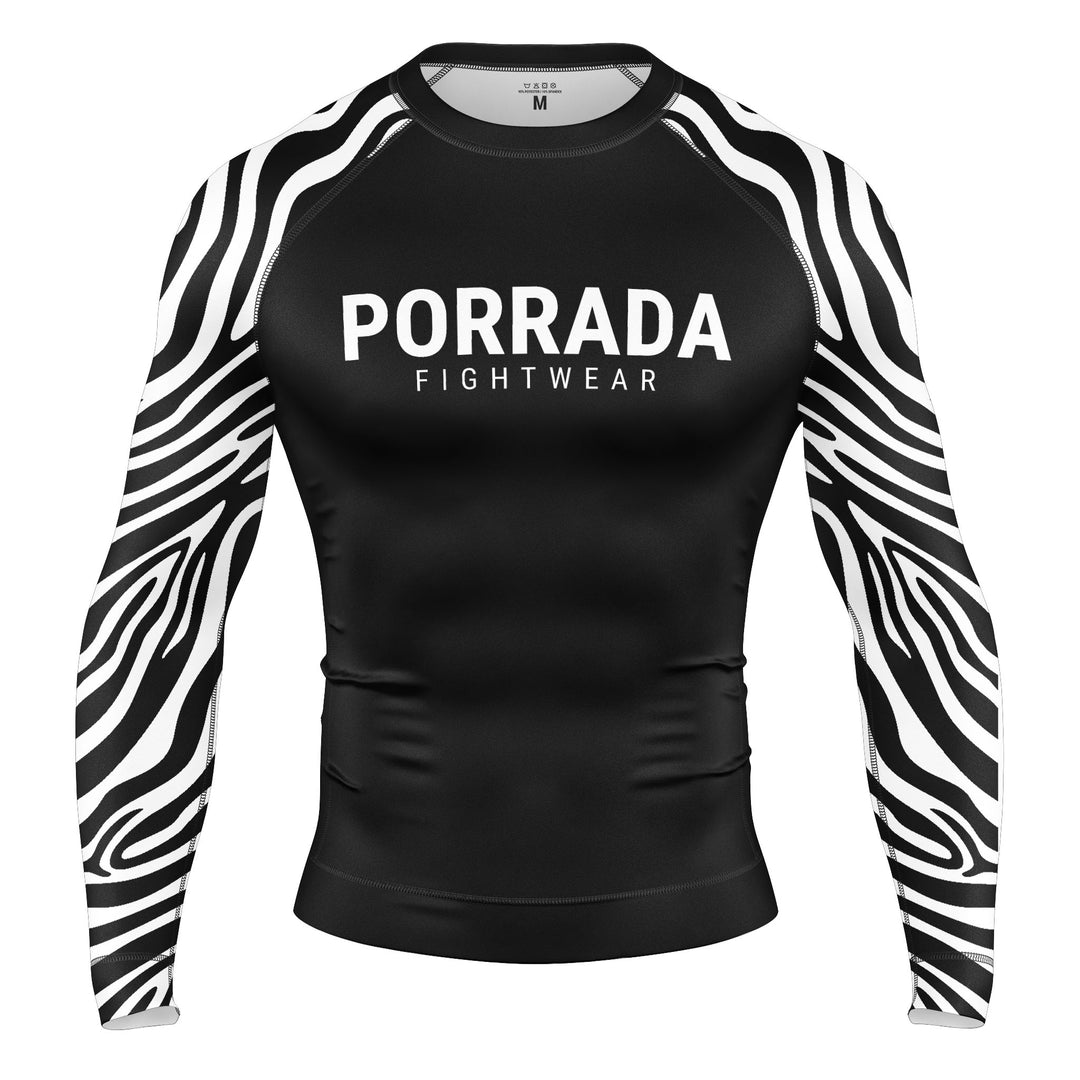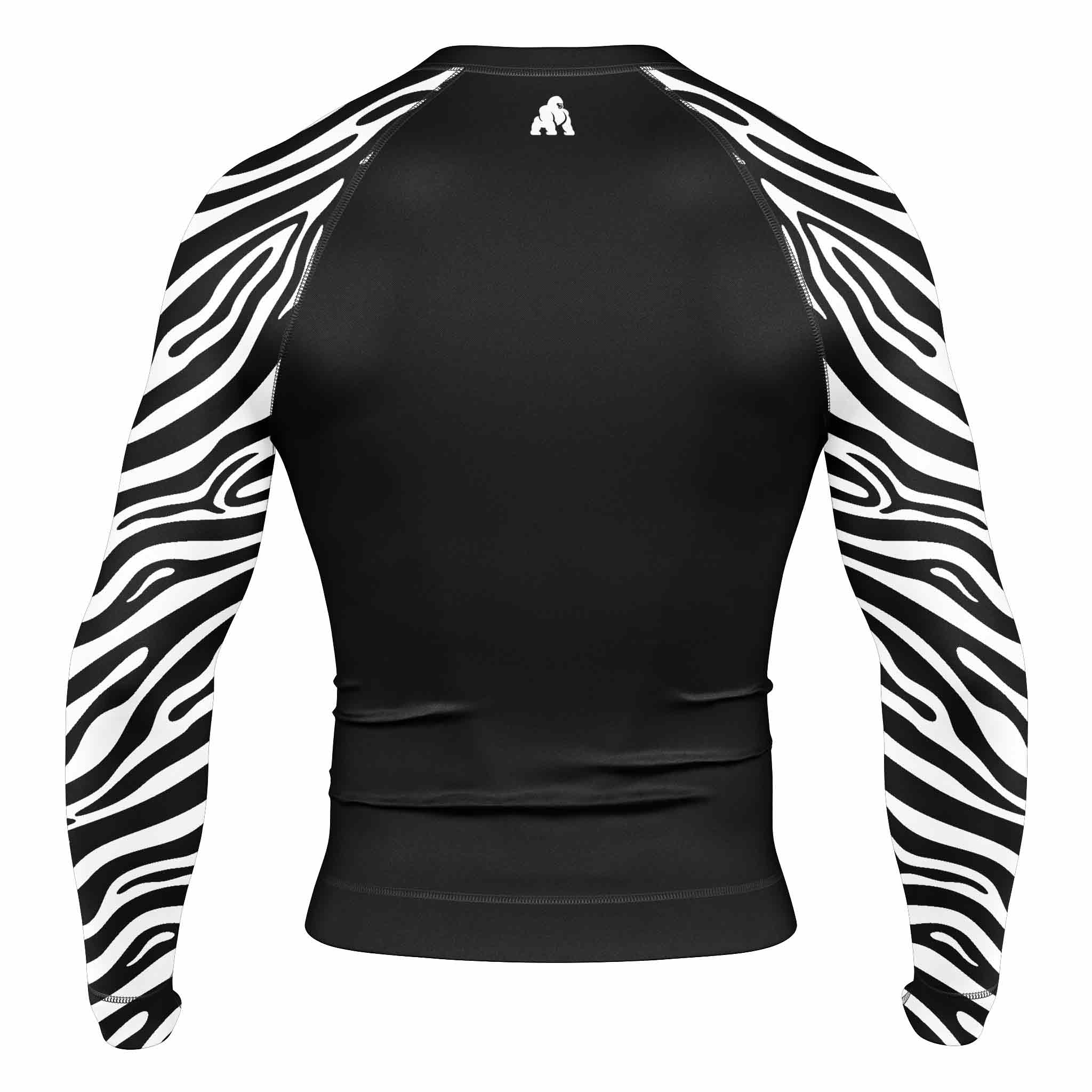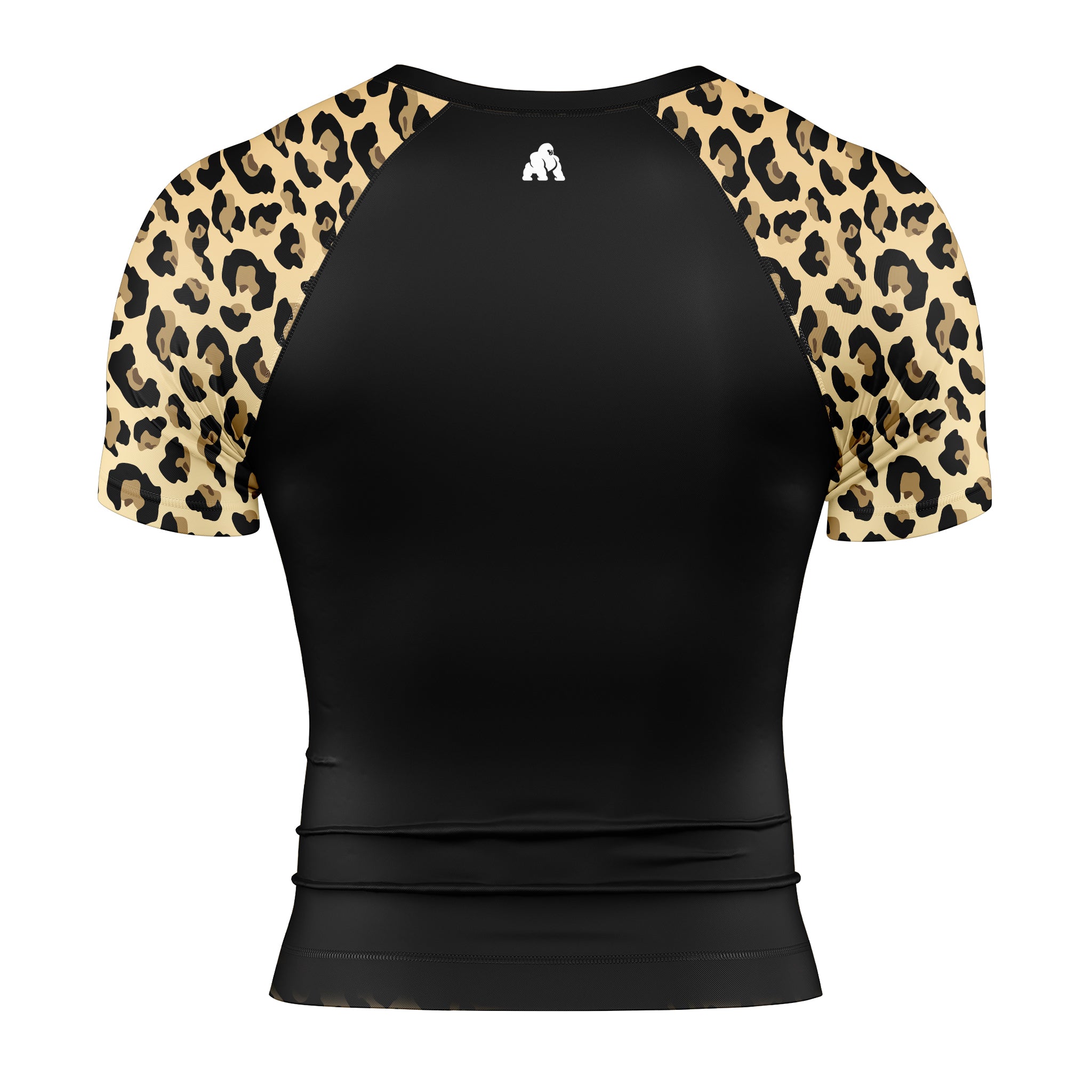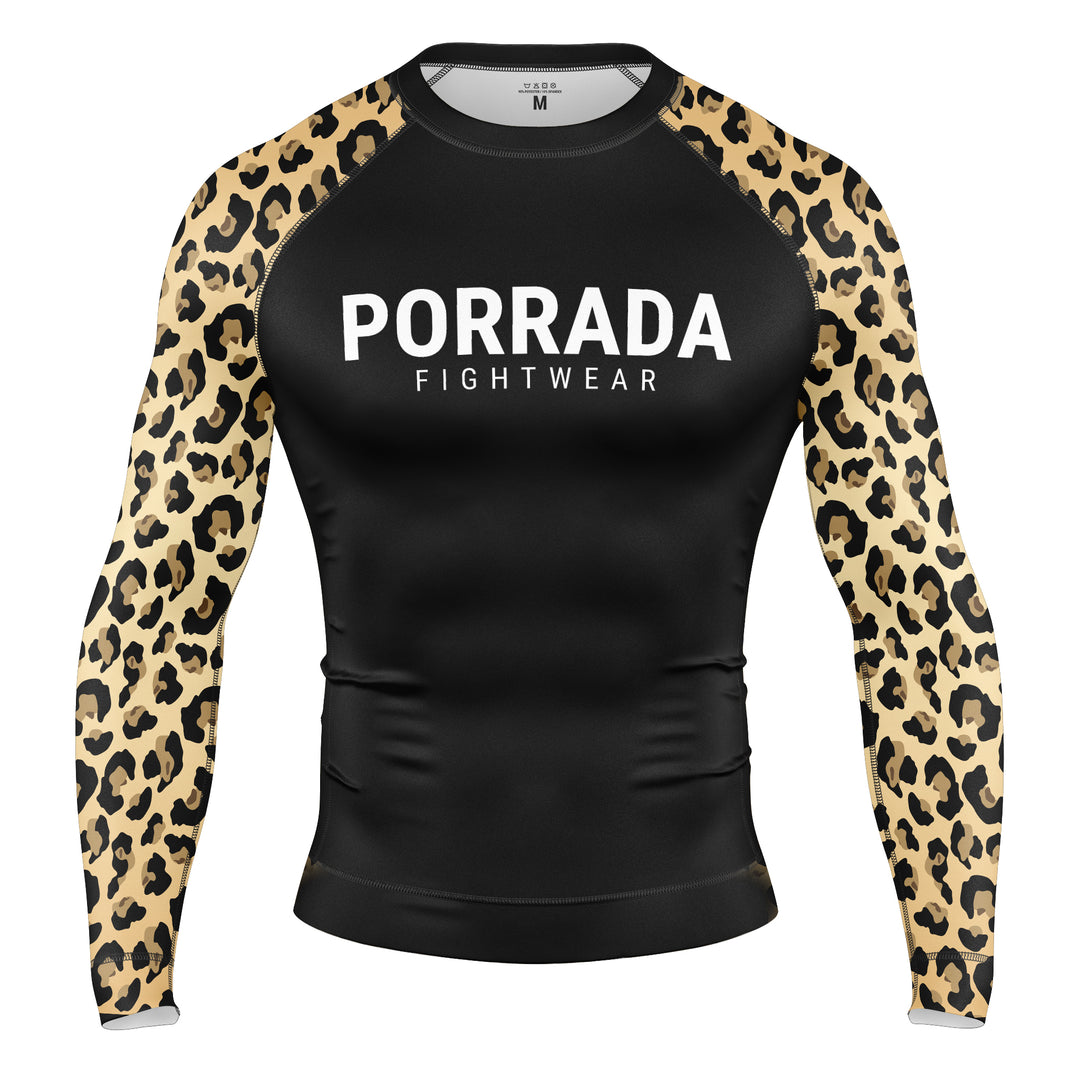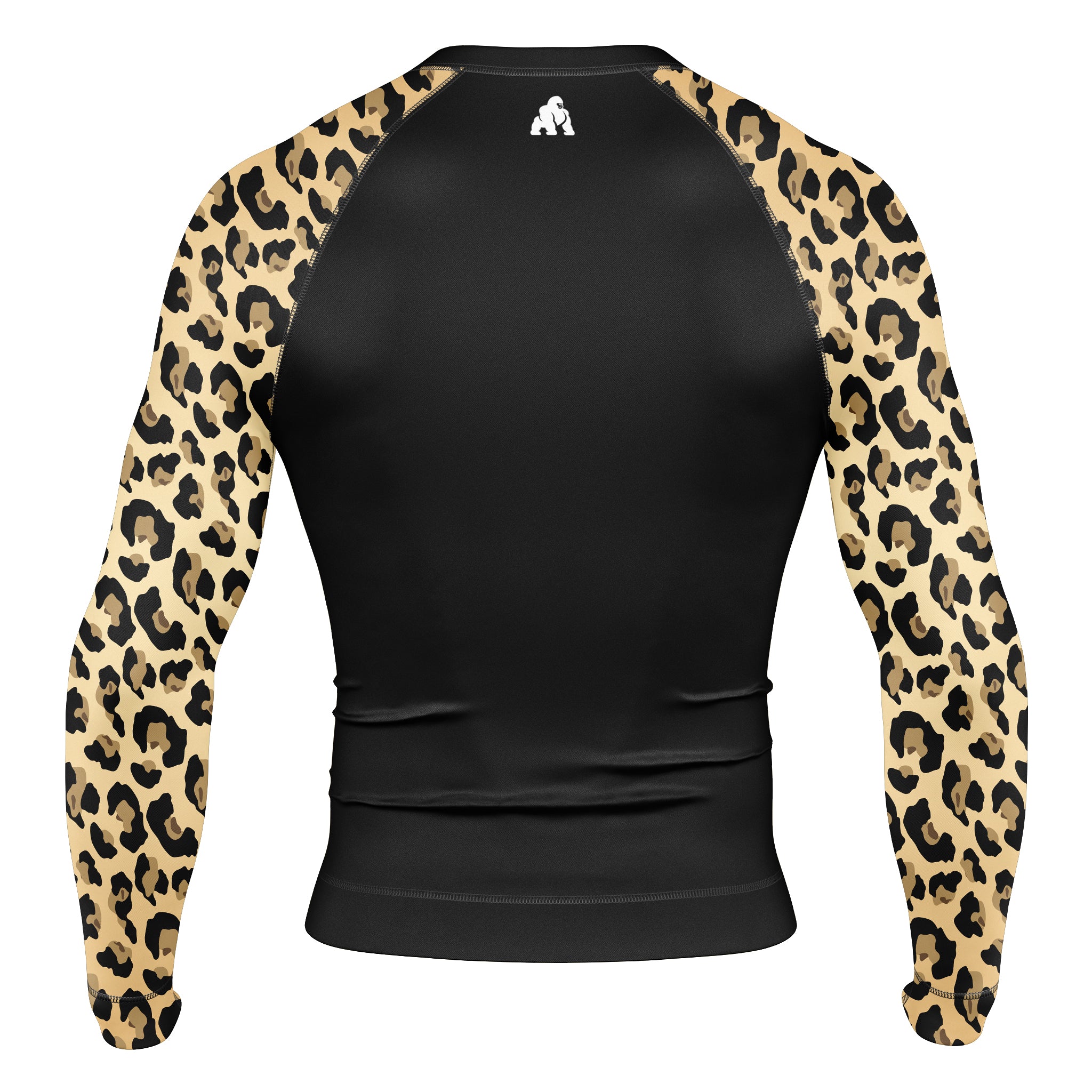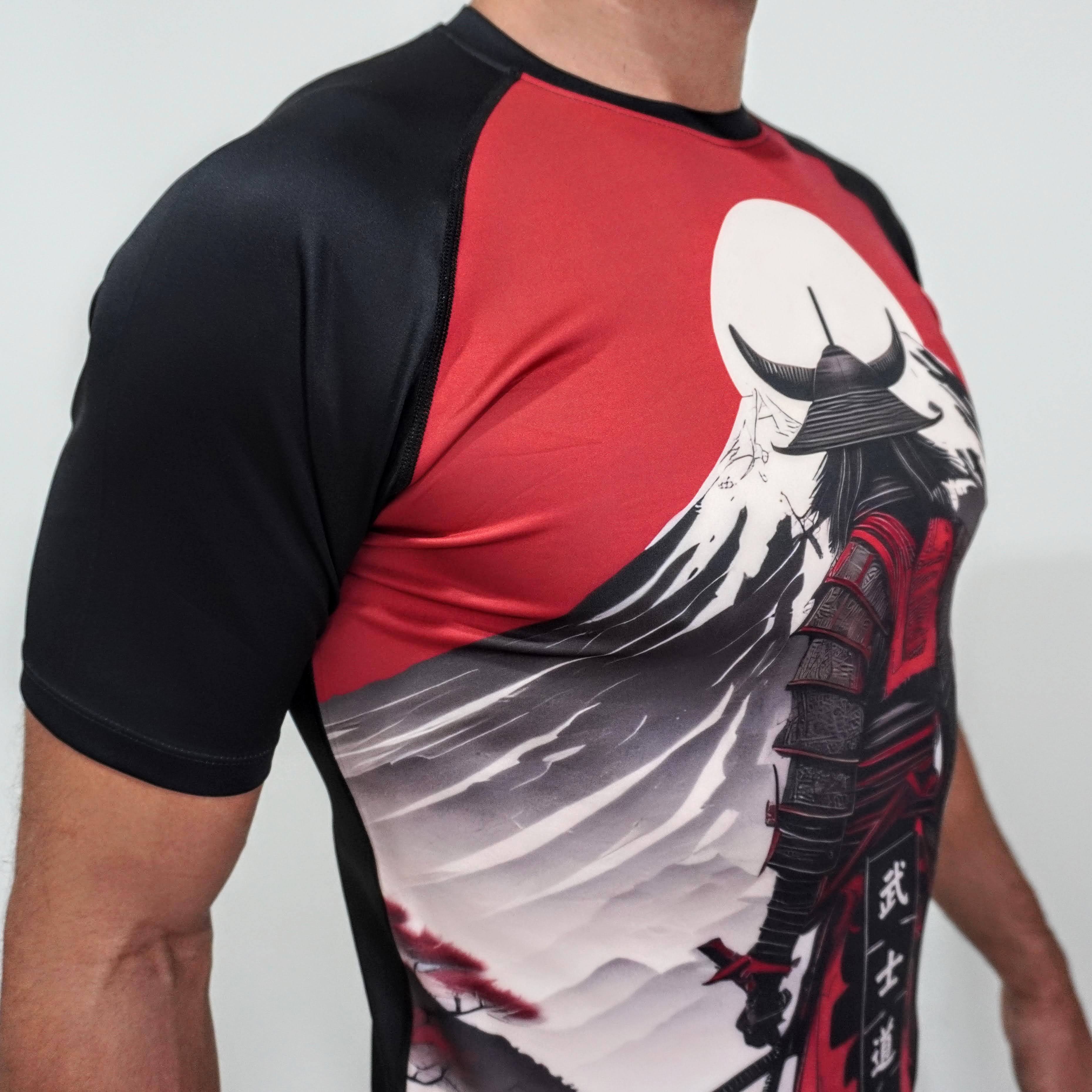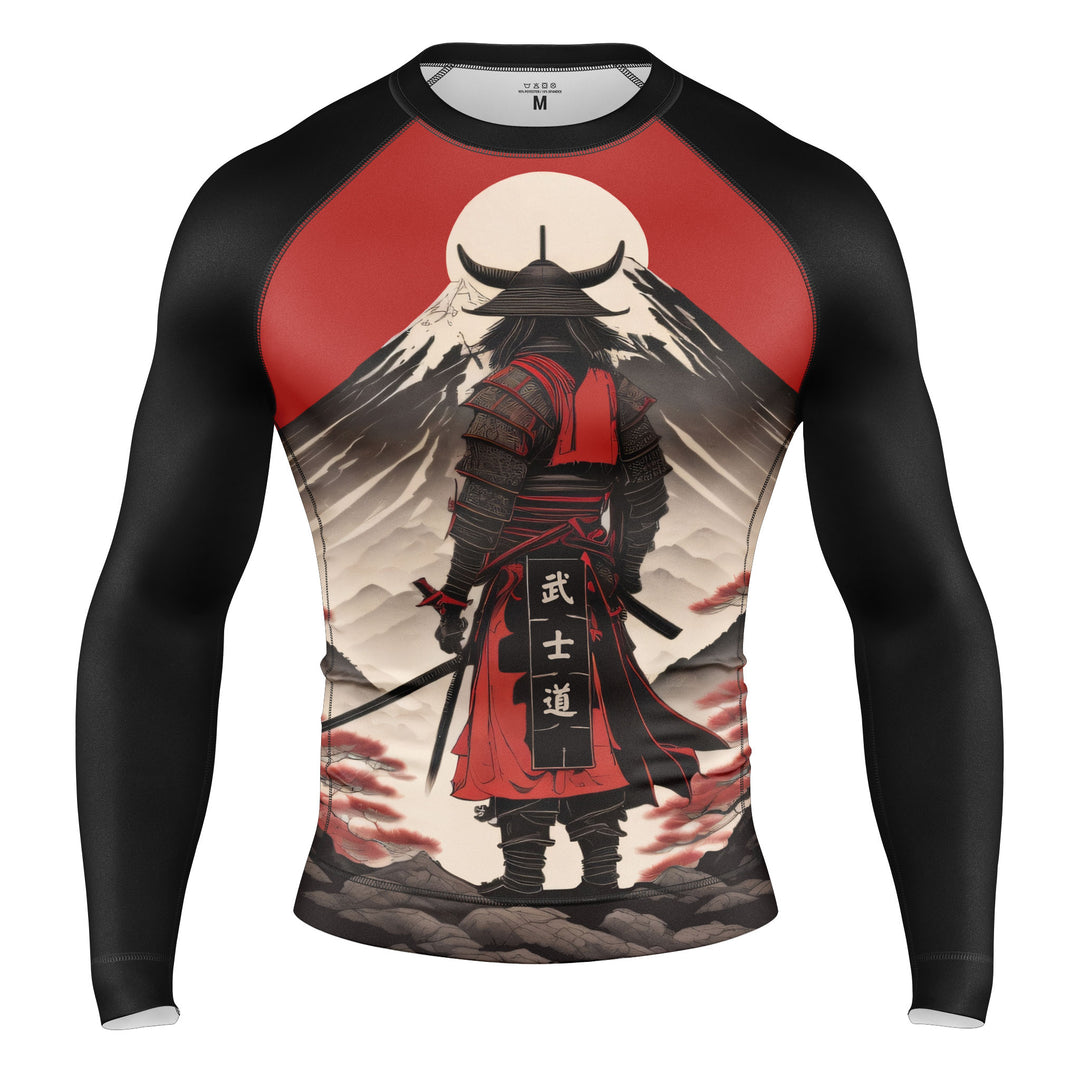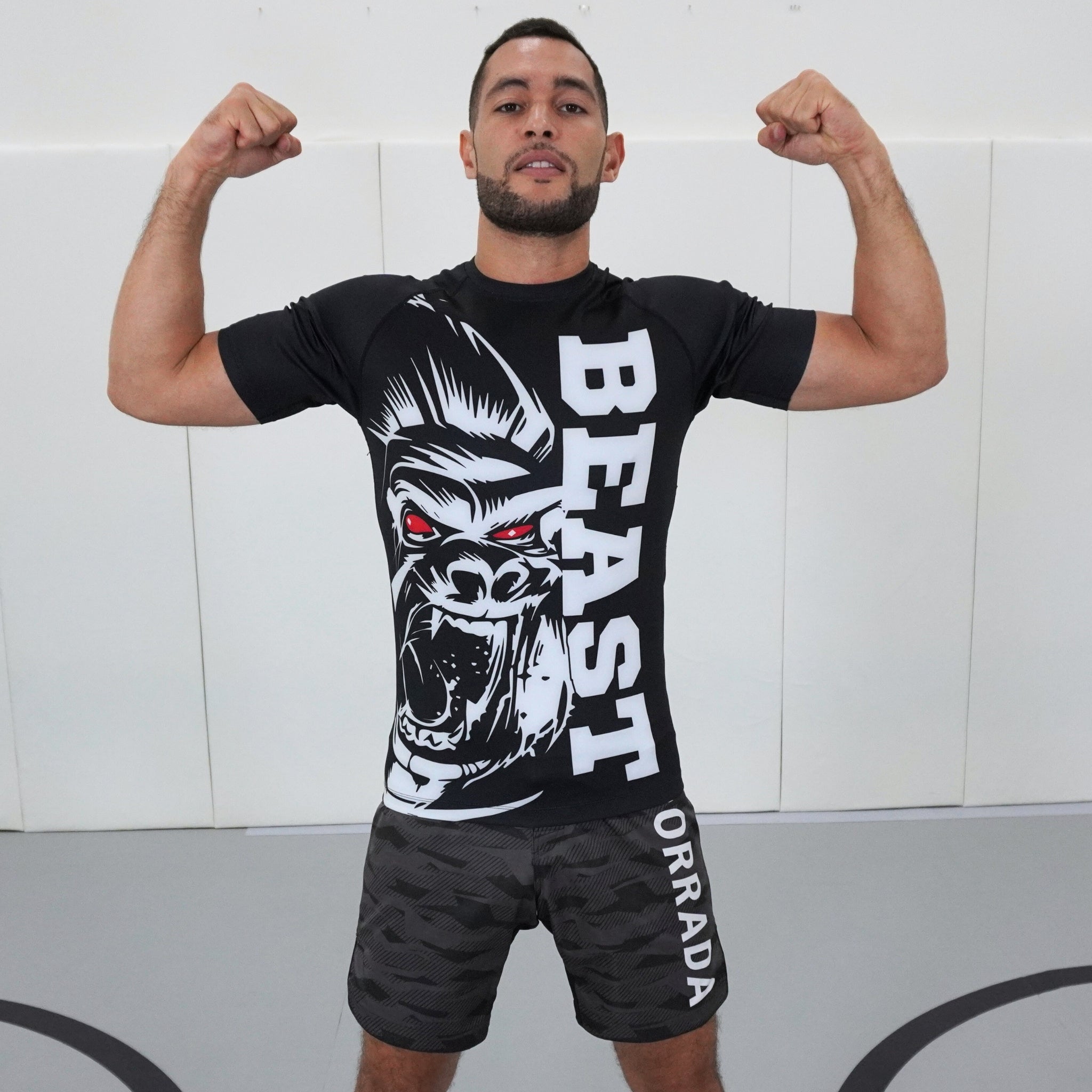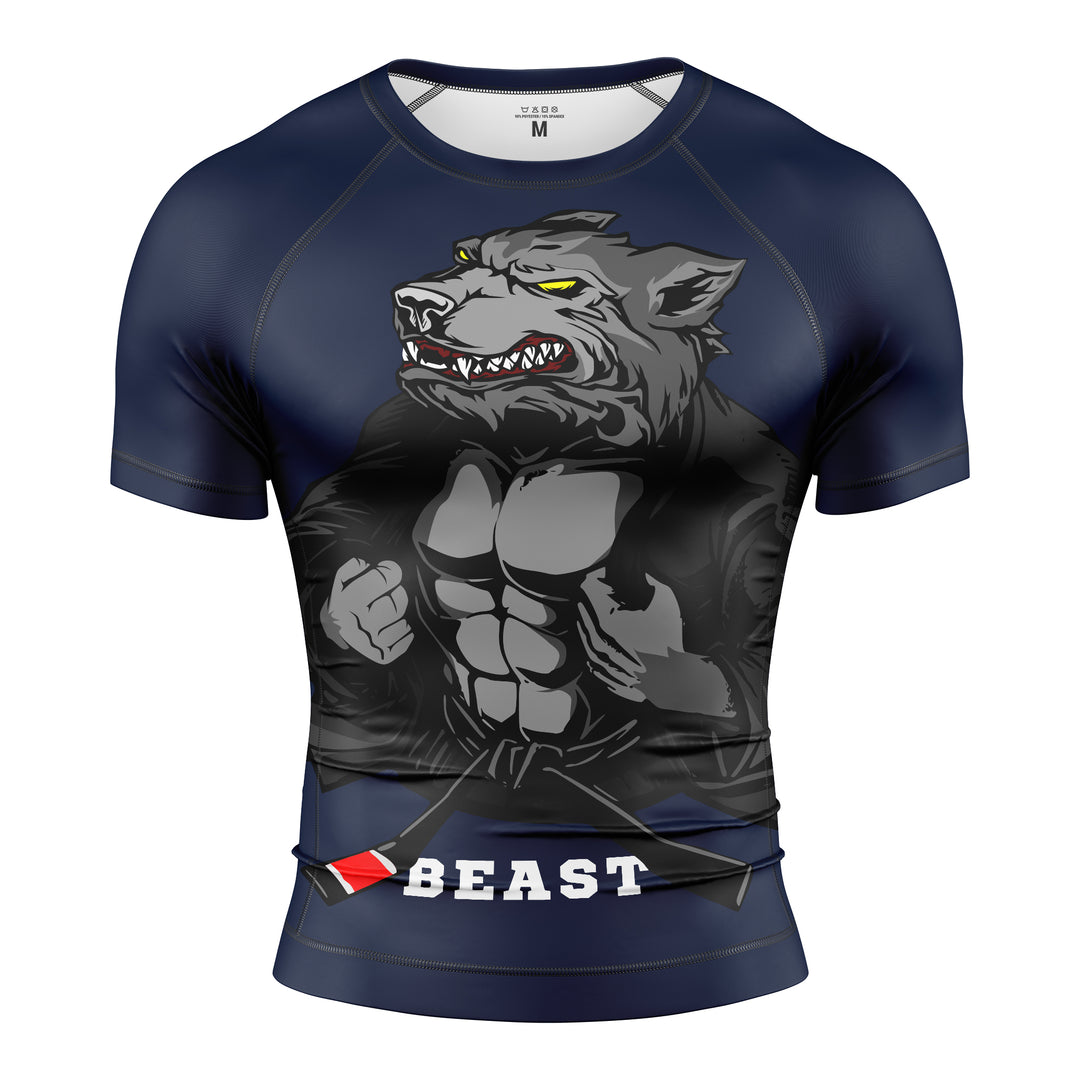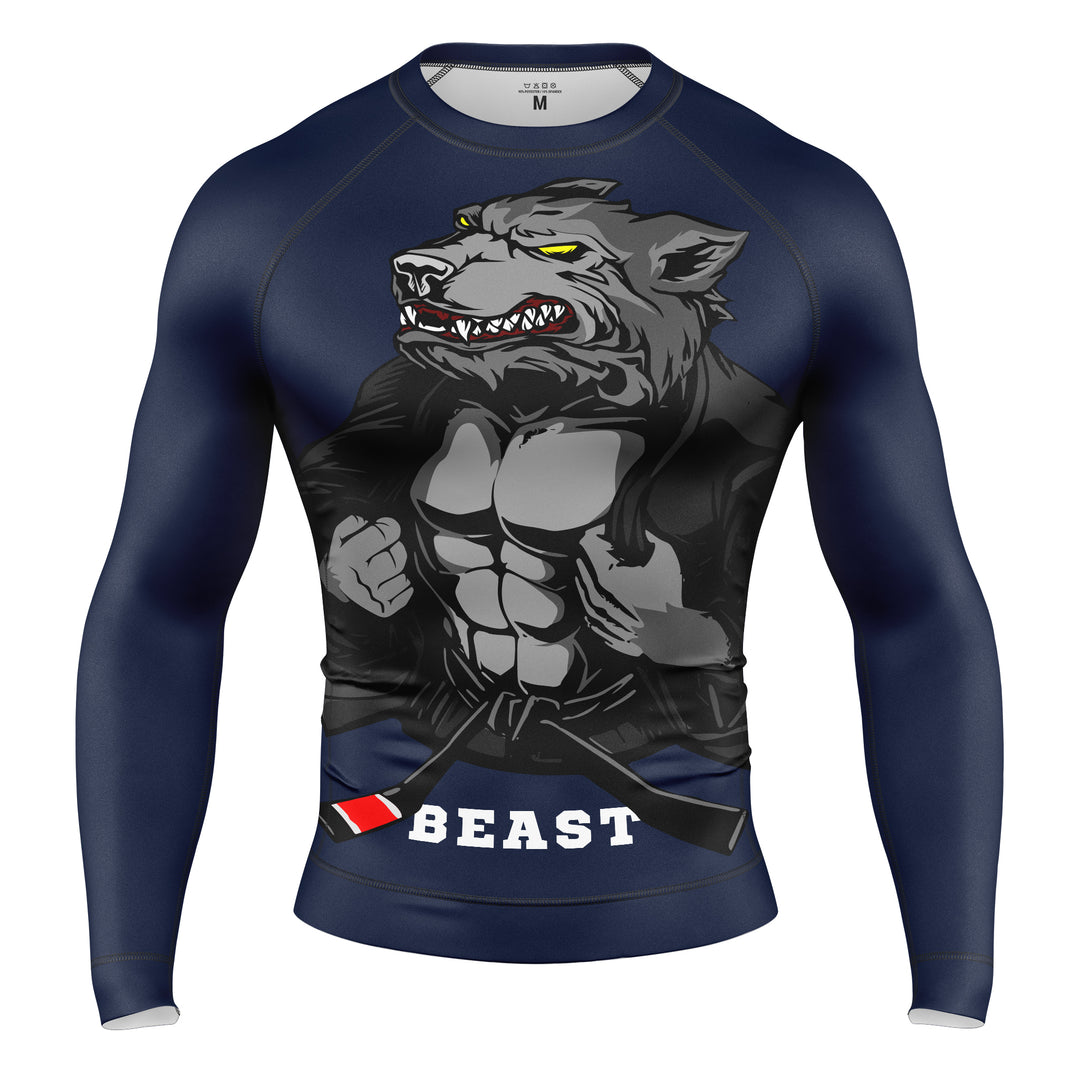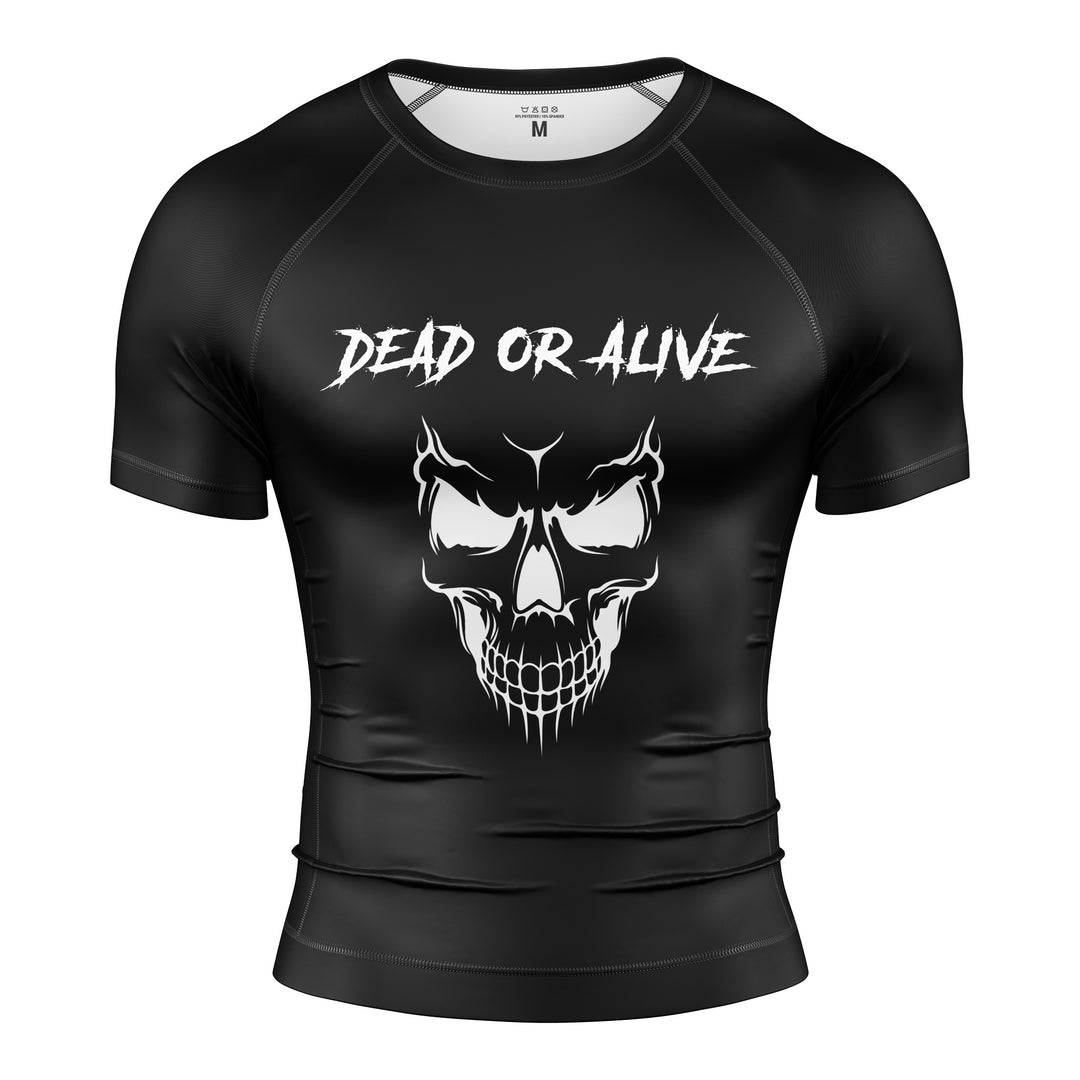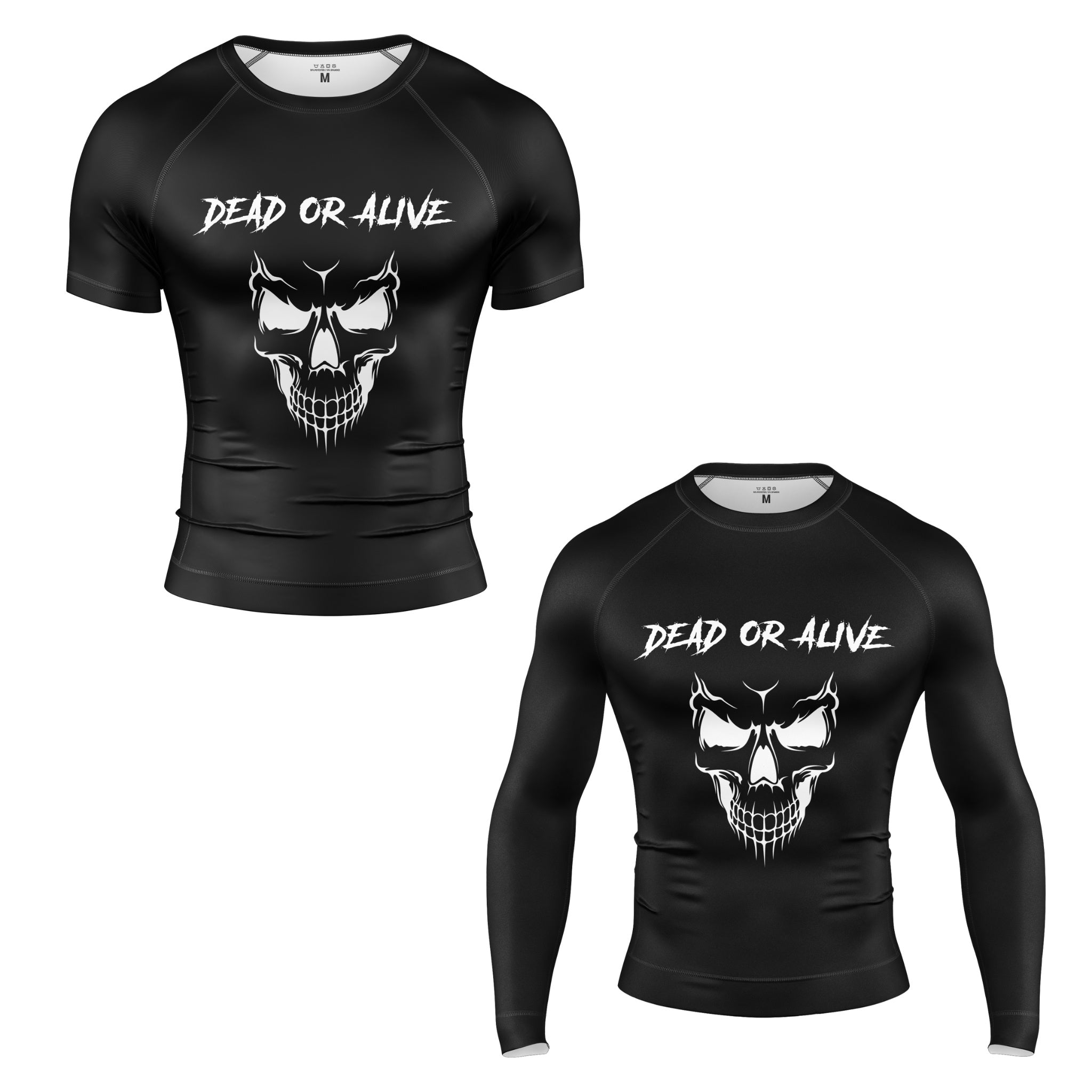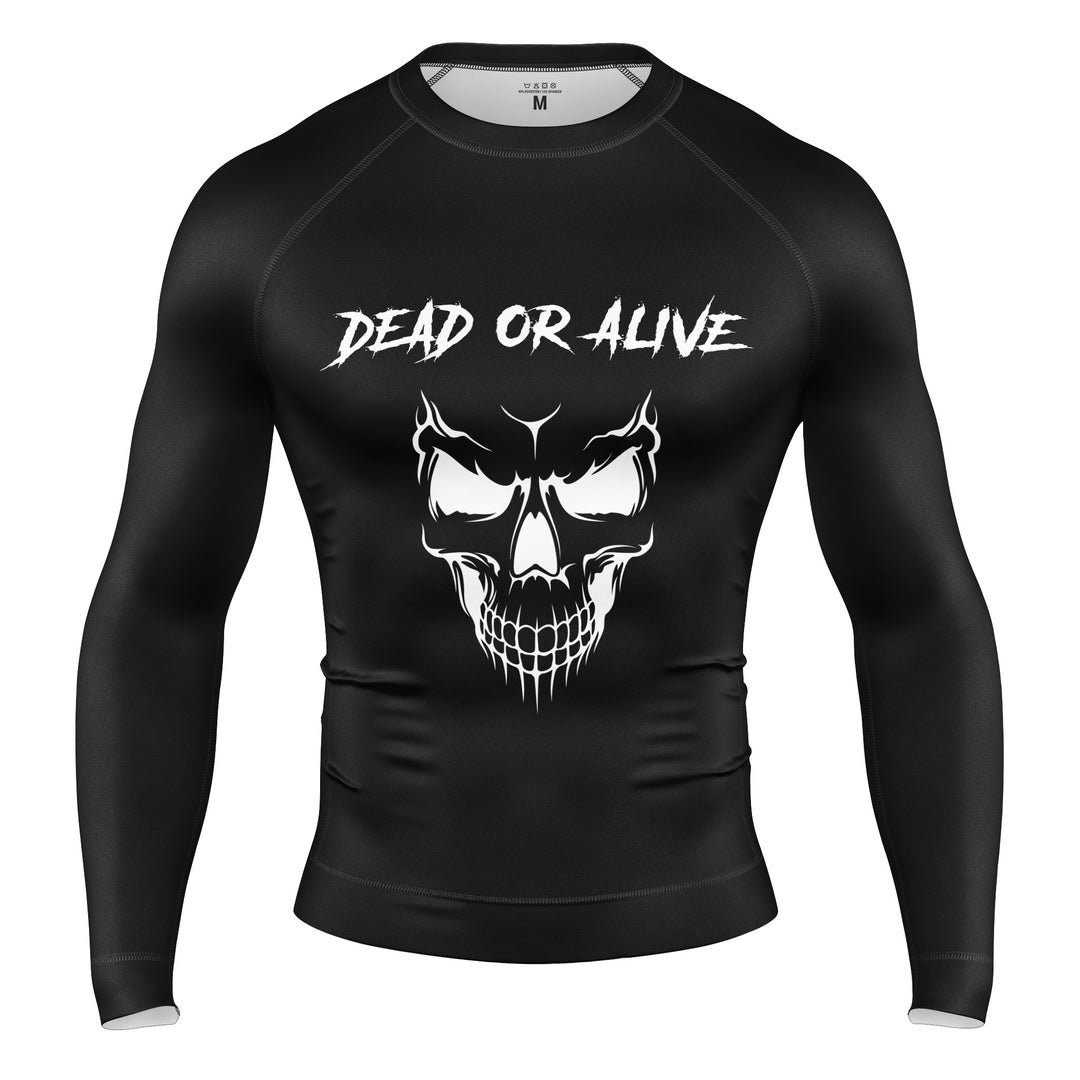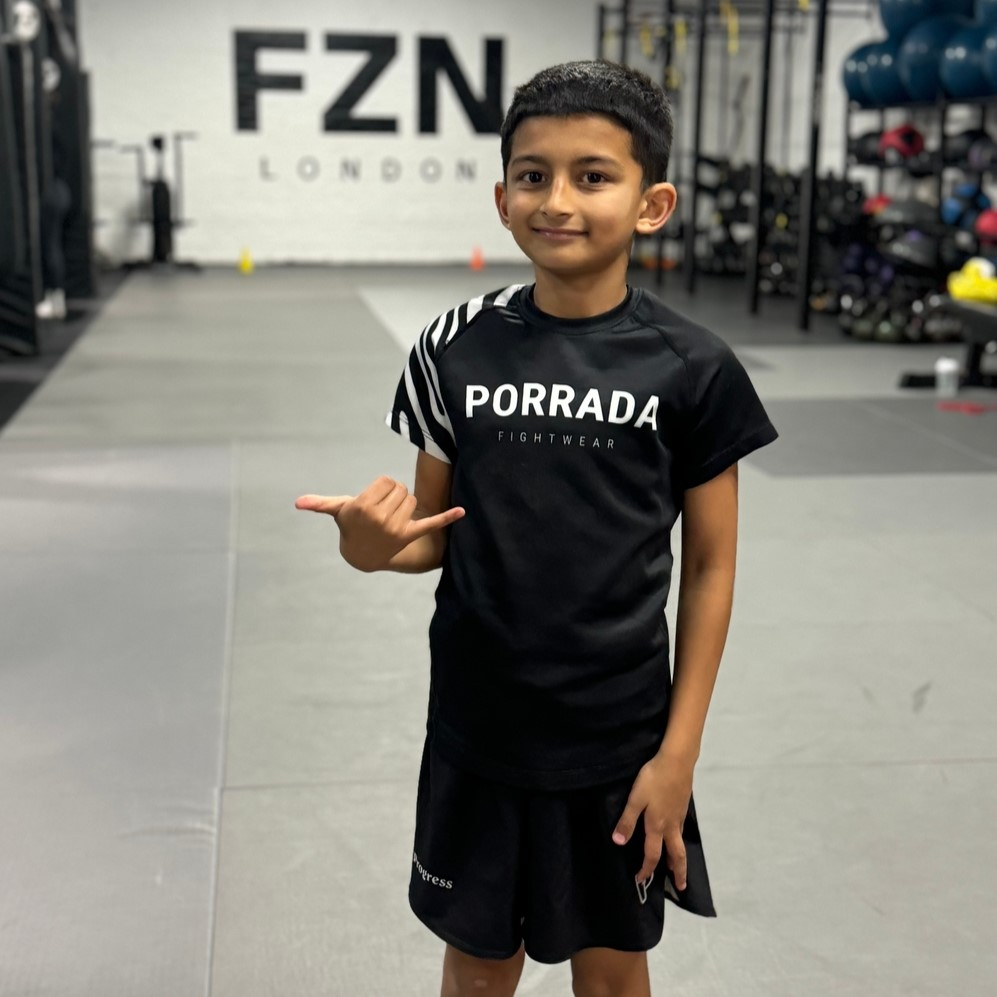The Ultimate Nutrition Guide for BJJ, MMA and combat sports athletes
If you're an athlete in Brazilian Jiu-Jitsu (BJJ), Mixed Martial Arts (MMA), or other combat sports, you know that nutrition plays a crucial role in your performance.
A well-balanced diet can improve your energy, strength, endurance, and recovery, while a poor diet can lead to fatigue, injury, and poor performance. In this post, we'll dive into the key elements of a diet for combat sports and provide some tips for fueling your training and competition.
Macronutrients: Protein, Carbohydrates, and Fats
The three macronutrients that make up the majority of our diet are protein, carbohydrates, and fats. Each has a unique role in supporting athletic performance and recovery.

Protein
Protein is essential for muscle repair and growth. When you engage in combat sports, your muscles undergo significant stress and damage, so adequate protein intake is critical. Aim to consume 1-1.5 grams of protein per pound of body weight each day, with a focus on high-quality protein sources. Good options include chicken, fish, eggs, dairy, and plant-based sources such as tofu and legumes.
Carbohydrates
Carbohydrates provide energy for intense training sessions, so it's important to choose the right type of carbohydrates. Simple carbohydrates such as sugar and processed foods can provide a quick boost of energy, but they can also lead to a crash later on. Instead, focus on complex carbohydrates such as whole grains, fruits, and vegetables. These provide a steady supply of energy and are also rich in fiber, vitamins, and minerals.
Fats
Healthy fats, such as those found in nuts, seeds, avocado, and olive oil, can provide long-lasting energy and support hormone function. Don't be afraid to include fats in your diet, but aim for healthier options and avoid trans fats and excessive saturated fats.
Micronutrients: Vitamins and Minerals
While macronutrients get most of the attention, micronutrients such as vitamins and minerals are also important for athletic performance. These nutrients play a role in energy production, immune function, and recovery.

Vitamins
Vitamins are essential for a wide range of functions in the body, including energy production, immune function, and muscle repair. Combat athletes have a higher demand for vitamins due to the physical stress and damage they experience during training and competition. To ensure you're getting enough vitamins, focus on a varied diet that includes a range of fruits, vegetables, and whole grains. If you have a restrictive diet, you may need to consider a multivitamin or supplement.
Minerals
Minerals are also important for athletic performance, with some playing a role in energy production, muscle function, and bone health. Combat athletes may be at risk of deficiencies in minerals such as calcium, magnesium, and iron, especially if they are cutting weight or have a restricted diet. To ensure you're getting enough minerals, focus on a diet that includes a variety of whole foods.
Hydration
Staying hydrated is crucial for optimal performance in combat sports. Dehydration can lead to decreased strength, endurance, and mental function, and can also increase the risk of injury. Aim to drink at least half of your body weight in ounces of water each day, and even more on days when you train intensely. Electrolyte replacement drinks can also be helpful, especially if you sweat a lot during training.

Timing
The timing of your meals and snacks can also impact your performance. Eating a meal with protein and carbohydrates before training can help provide energy and support recovery, while consuming protein and carbohydrates after training can help with recovery and muscle repair. Aim to eat a meal or snack within 30 minutes to an hour after training to take advantage of the anabolic window.
Limit Processed Foods, Added Sugars, and Unhealthy Fats
Combat athletes should limit processed foods, added sugars, and unhealthy fats, as they can interfere with performance and recovery. These foods can lead to inflammation, insulin resistance, and other health problems that can hinder athletic performance.
It's important to focus on whole, nutrient-dense foods, and to limit or avoid highly processed and fast foods. This can be challenging, especially when traveling or training in unfamiliar places. However, with some planning and preparation, it is possible to maintain a healthy diet even in the face of these challenges.
Consult with a Nutritionist or Dietician
It's important to note that individual needs may vary, and it's best to consult with a nutritionist or dietician to determine the best approach for your individual needs and goals. A qualified professional can help you create a meal plan that is specific to your needs and can help optimize your performance.

In conclusion, a BJJ, MMA, or other combat sports-specific diet should focus on adequate protein, complex carbohydrates, healthy fats, hydration, and proper timing. By consuming a balanced and nutritious diet, combat athletes can support their training and achieve optimal performance. It's important to pay close attention










